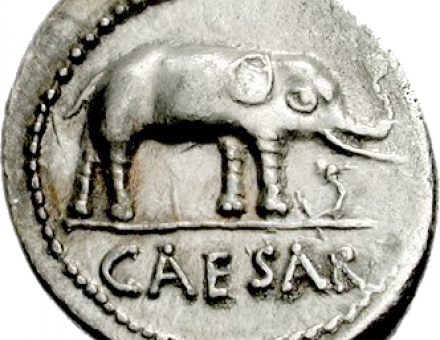Lotteries and Government Finance in England
From the end of the seventeenth to the beginning of the nineteenth century, writes Penry Williams, State Lotteries were a regular feature of English government finance first introduced by Queen Elizabeth I.



